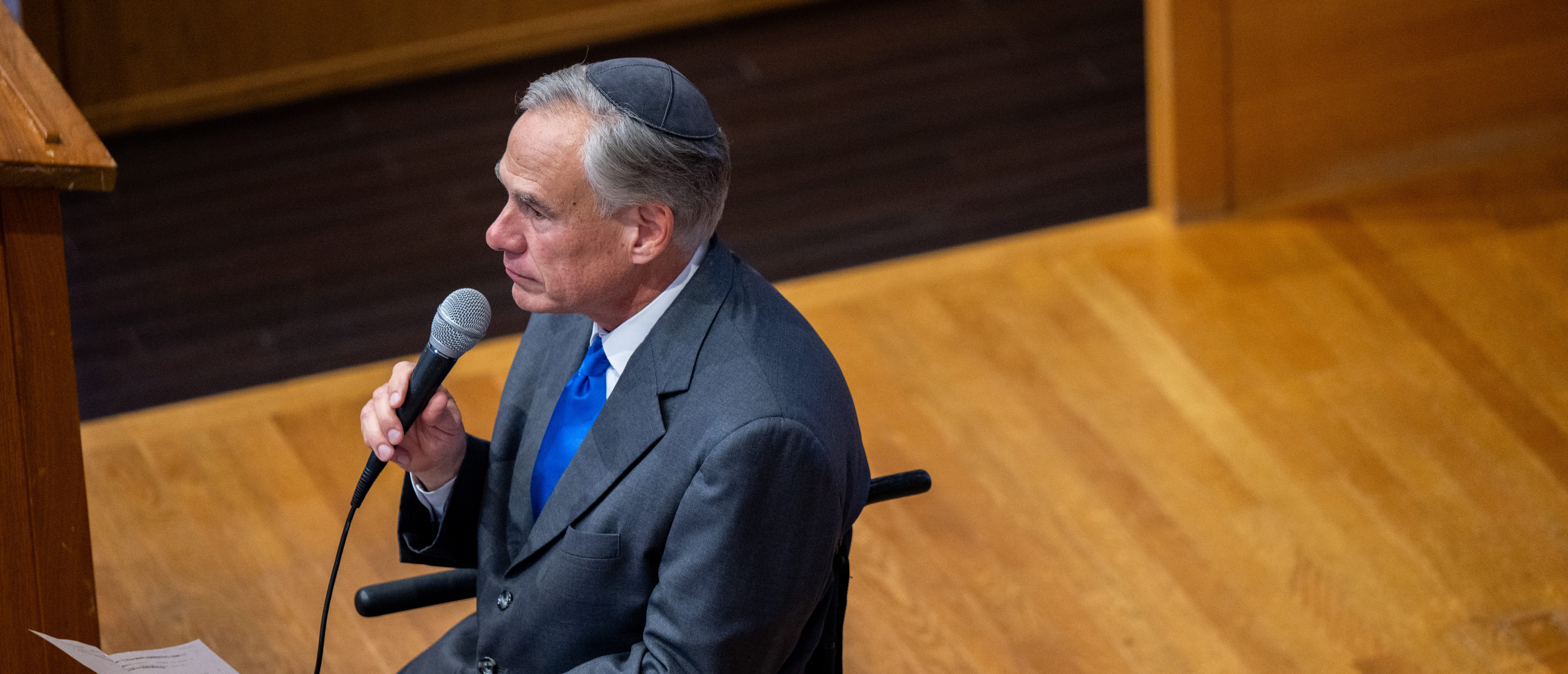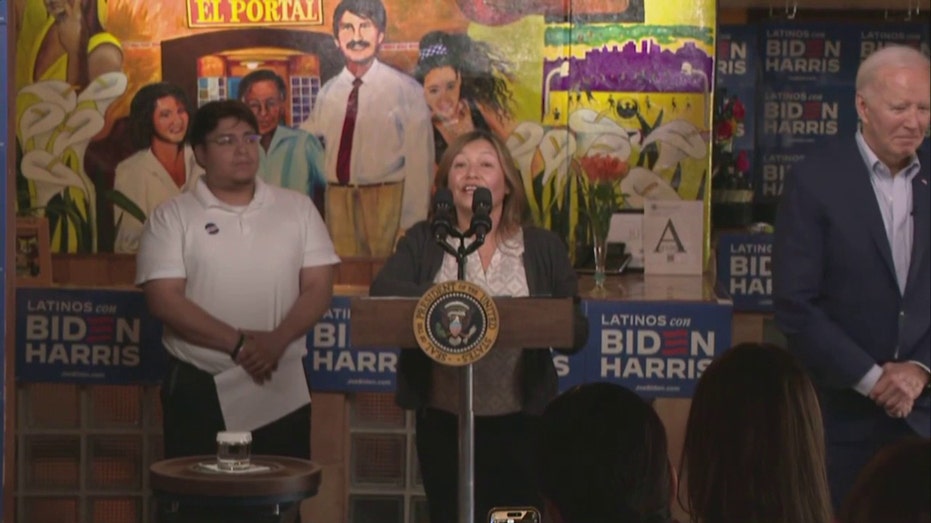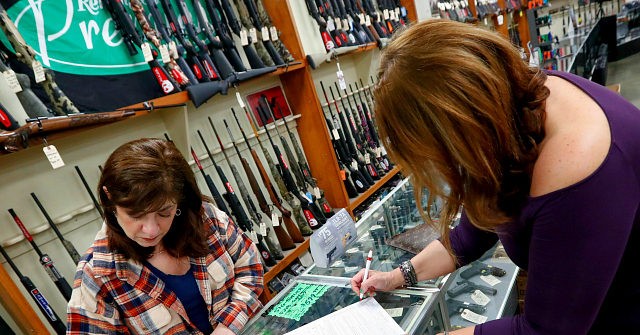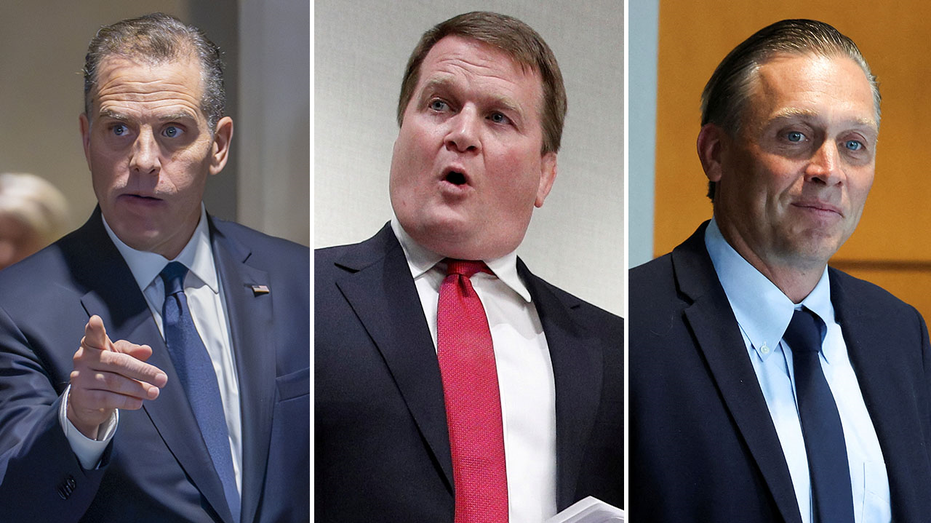Ursula von der Leyen’s Second Term: Toward an Autocratic European Union?
The incumbent EU president has big plans for centralizing power at Brussels. The post Ursula von der Leyen’s Second Term: Toward an Autocratic European Union? appeared first on The American Conservative.
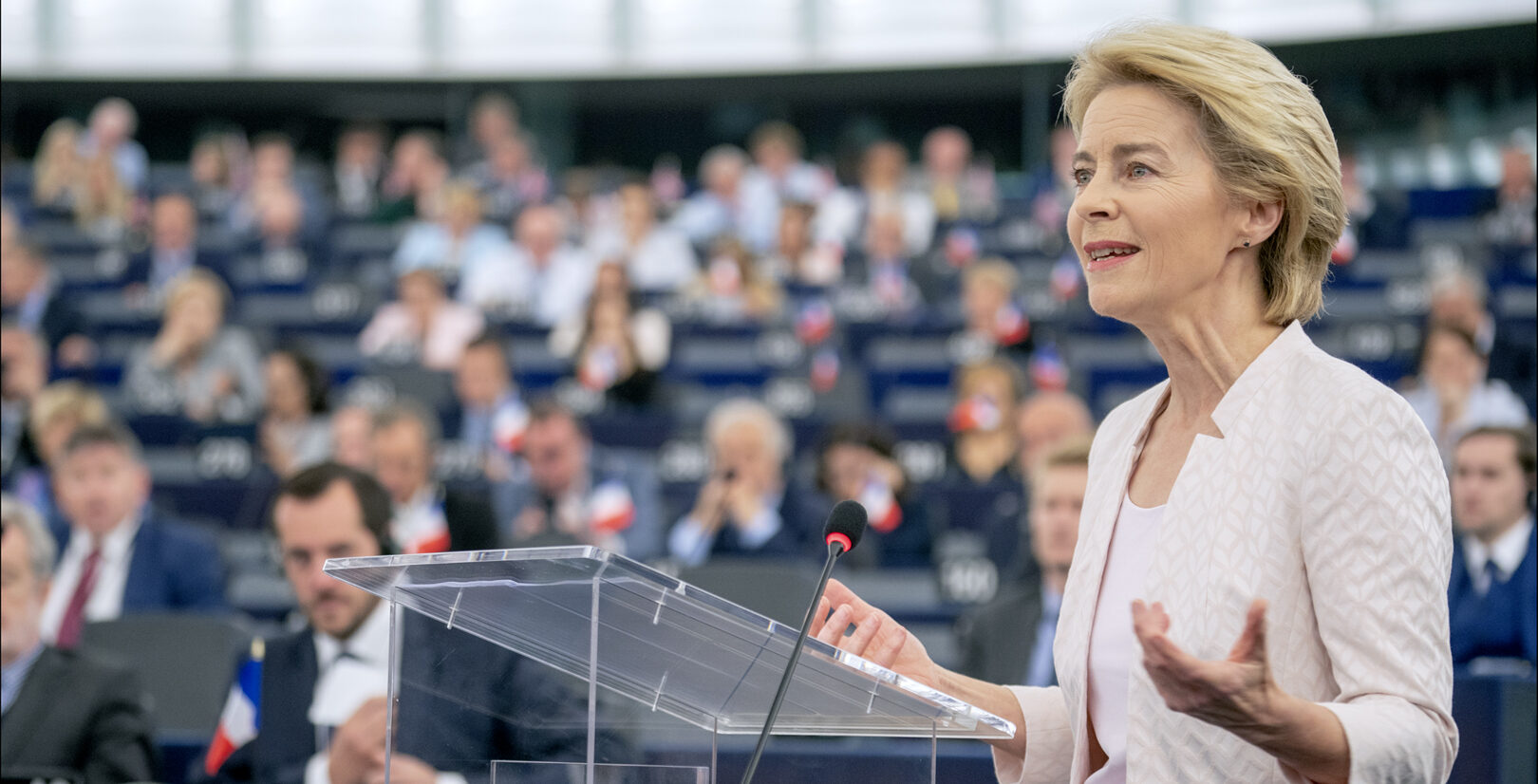
Ursula von der Leyen’s Second Term: Toward an Autocratic European Union?
The incumbent EU president has big plans for centralizing power at Brussels.

Ursula von der Leyen’s tenure as the President of the European Commission has been nothing short of tumultuous. Her infamous trip to Israel, marred by diplomatic missteps and controversy, only highlighted the growing discontent among EU diplomats. Even the EU’s top diplomat, Josep Borrell, dared to issue a rare public rebuke, questioning von der Leyen’s entitlement to represent EU views on foreign policy. Such open dissent underlines the fractures within the EU’s leadership and the erosion of trust in von der Leyen’s ability to navigate the complexities of the rapidly changing world.
As the dust settles on her first term, it becomes increasingly evident that von der Leyen is steering the EU toward a perilous path—one marked by autocracy, federalism, and a growing detachment from the democratic roots that underpin the European project. The specter of an unelected political elite dictating the fate of member states looms large, casting shadows over the notion of a united Europe built on the principles of collaboration and shared sovereignty.
The unfolding narrative suggests that von der Leyen’s leadership is poised to cement the EU’s transformation into a military-centric behemoth, with foreign policy pivoting towards militarization and defense spending. The ambition of creating a unified EU army has emerged as a potent force, speeding up the federalization process and encroaching further on the sovereignty of member states.
For the first time, in 2021, von der Leyen emphasized that there would be crises in which the EU’s military force should operate independently from the UN and NATO.
“On the ground, our soldiers work side-by-side with police officers, lawyers and doctors, with humanitarian workers and human rights defenders, with teachers and engineers,” von der Leyen said.
“But what we need is the European Defence Union,” she concluded.
Von der Leyen, European Council President Charles Michel, and NATO Secretary-General Jens Stoltenberg signed a 14-point cooperation agreement between the EU and NATO in the same year.
Moreover, von der Leyen’s pivot from environmental stewardship to military might underscore an emerging trend towards prioritizing geopolitical interests over global sustainability.
Two converging factors are steering this transformation: the European populace’s discontent with climate policies and the perceived abandonment by the United States, pushing Europe to shoulder a more significant burden in global power struggles. Farmers’ protests, symbolized by tractors clogging city centers, underscore a growing frustration with looming environmental regulations aimed at achieving EU climate neutrality by 2050. Von der Leyen, the Eurocratic populist, appears to adapt to this discontent by prioritizing military might over climate action.
Simultaneously, the U.S.’s pivot to Asia, ostensibly to contain China, has left a void in European–American relations. The call for Europe to continue the Ukrainian proxy war on behalf of Washington, not by being dependent on the U.S. but by investing in American military equipment, is a paradigm shift. In this new geopolitical landscape, von der Leyen seems willing to trade climate advocacy for a military alliance, a decision fraught with implications for the delicate balance between environmental sustainability and global power dynamics.
The notion of a unified EU foreign policy is, at best, a facade. As Margaret Thatcher astutely observed, “Europe was created by history. America was created by philosophy.” The diverse historical experiences of European nations shape their foreign policy choices, rendering the notion of a monolithic EU stance on international affairs implausible. The discord among member states underscores the inherent tensions between national sovereignty and supranational ambitions.
Despite the grandiose aspirations and rhetoric, the EU’s foreign policy under von der Leyen has failed to yield strategic gains, particularly in its efforts to weaken Russia and resolve conflicts in Ukraine, but instead almost completely destroyed the European economy.
Russia faced harsh sanctions for two years which were aimed at weakening its economy. Nevertheless, the country experienced unexpected growth, with its economy expanding by 3.6 percent in 2023. This growth rate was faster than that of all the G7 economies. The IMF has revised its GDP growth forecast for Russia to 2.6 percent this year, marking a 1.5 percentage point increase over what it had predicted last October.
Moreover, Russia has surpassed Germany, becoming the fifth wealthiest economy in the world and the largest economy in Europe. It is worth $5.3 trillion. On the other hand, Germany is experiencing an end to its title of an industrial superpower due to energy crises caused by declining relations with Moscow. This situation will profoundly impact the economic conditions of the entire region in the years to come.
The portrayal of Russia as a bogeyman serves as a convenient pretext for consolidating power in Brussels, eroding the sovereignty of member states under the guise of greater federalist unity. Democracy is but a casualty in the pursuit of a grander vision managed from the ivory tower of Brussels, leaving European citizens with a diminished voice in determining the course of their continent.
To be more precise, in a bold move towards European federalization late last year, the Committee on Constitutional Affairs of the European Parliament (AFCO) has proposed an ambitious Treaty change. Led by co-rapporteurs Guy Verhofstadt, Sven Simon, Gabriele Bischoff, Daniel Freund, and Helmut Scholz, the AFCO project aims to reshape the institutional framework of the European Union, potentially altering its legal nature.
AFCO’s vision is rooted in the Manifesto of Ventotene and the Schuman Declaration, foundational documents of European federalism. The proposed reform, seen as a response to geopolitical challenges and future EU enlargement, encompasses three key themes: a recalibration of the EU’s institutional balance, a broadening of the Union’s competences in vital policy areas, and increased EU supervision of national policies.
Von der Leyen aims to prepare the Union to take on more responsibility in foreign policy, security, and defense, which is one reason for embracing treaty change.
In the face of such challenges, recalibration and introspection are paramount. Europe stands at a crossroads, grappling with the dual imperatives of unity and diversity. Von der Leyen’s presidency serves as a cautionary tale, a reminder of the perils of unchecked federalism and the erosion of democratic principles. As the continent navigates the complexities of a rapidly evolving geopolitical landscape, the imperative to uphold the sovereignty and agency of member states must not be overshadowed by utopian visions of supranational unity under autocratic rule.
In her recent “State of the Union 2023” address, von der Leyen strategically transformed what is traditionally a legislative agenda announcement into a prelude for her anticipated re-election campaign in June 2024. Drawing parallels with the long-standing “State of the Union” tradition in the United States, Von der Leyen’s speech raised eyebrows as it shifted from the collective “we” to a more self-centric “me.”
The speech unveiled von der Leyen’s ambitions for a second term, with announcements of new roles, proceedings, and appointments, consolidating decision-making power under her authority. Notably, the creation of an EU Small and Medium Enterprises (SME) envoy reporting directly to her sparked concerns of widening the democratic deficit within the EU, favoring corporate interests over the voices of NGOs and civil society groups.
As von der Leyen seeks formal approval for a second term at the European People’s Party congress in Bucharest next month, the debate surrounding her legitimacy and the democratic principles within the EU continues to unfold.
The controversial nature of von der Leyen’s leadership is further accentuated by Martin Schulz, a former president of the European Parliament, who coined the idea of lead candidates (Spitzenkandidaten) in 2014. Schulz contends that Von der Leyen’s appointment in 2019, bypassing the Spitzenkandidat process, was a mistake that undermined the democratic image of the EU. He deems her a “fake” lead candidate and calls for her resignation as European Commission chief.
In the race for the European socialists’ top candidate position, Luxembourg’s Nicolas Schmit emerges as the frontrunner, securing support from both Spanish and German factions within the Party of European Socialists. The 70-year-old EU commissioner for jobs and social rights is currently the sole official candidate for the role. The German Social Democratic Party and the Spanish socialists have thrown their weight behind Schmit, paving the way for his potential candidacy.
The European center-left has faced challenges in rallying around a prominent candidate since the departure of heavyweight Frans Timmermans. Maroš Šefčovič, another socialist figure, lacks recognition outside Brussels and faces scrutiny due to his Slovakian background. The absence of clear-cut candidates further complicates the socialists’ quest to present a compelling alternative to von der Leyen.
Will Europe succumb to the allure of autocracy and federalist enthusiasm, or will it reaffirm its commitment to democratic principles and sovereign agency? The answer lies not in the corridors of power in Brussels, but in the hearts and minds of European citizens who hold the real power to shape the destiny of a continent. And it is up to them if they want Ursula von der Leyen to serve the second term and cement her position as a “Europe’s American president.”
The post Ursula von der Leyen’s Second Term: Toward an Autocratic European Union? appeared first on The American Conservative.
What's Your Reaction?










